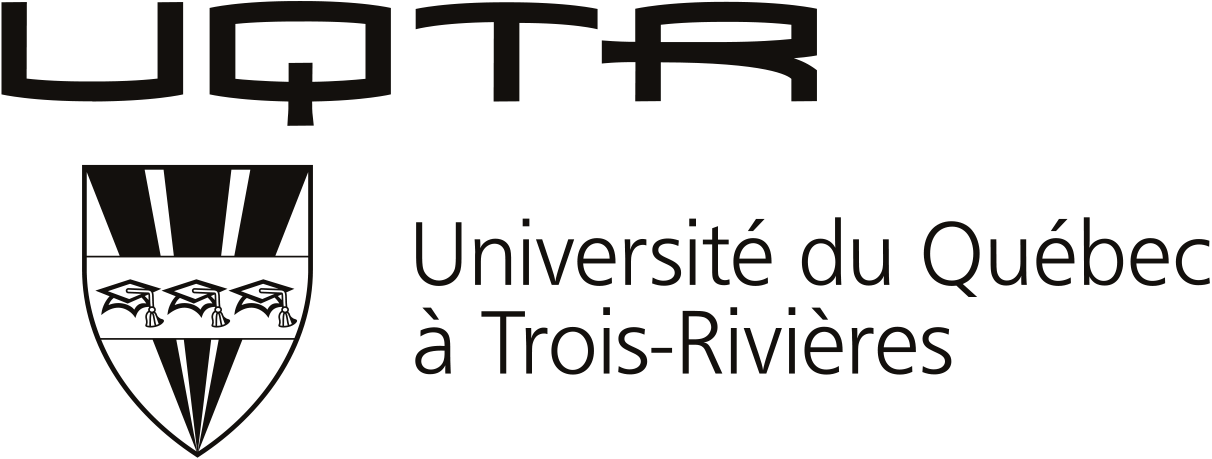L’alphabétisation des adultes qui présentent des incapacités intellectuelles : un état de la situation
Literacy process in adults having intellectual disabilities : state of the art
Mots-clés :
Adaptation scolaire, Adulte handicapé, Alphabétisation, Historique, Intégration sociale, Québec, School Adaptation, Disabled Adult, Literacy, History, Social Integration, QuebecRésumé
Vivant autrefois à l’écart de la société, les adultes qui ont des incapacités intellectuelles, aujourd’hui engagés dans un processus d’intégration sociale, font face à un obstacle majeur : l’analphabétisme. En effet, il ressort avec évidence que ces personnes sont en général analphabètes. Le constat d’analphabétisme chez cette population pose un problème de taille aux différents agents d’intervention (professionnels ou naturels), problème qu’il semble maintenant tout autant difficile d’ignorer que de solutionner. Afin de comprendre les conséquences d’un tel phénomène, il paraît opportun de considérer, d’une part, le changement social en faveur de l’intégration de ces personnes dans la société et, d’autre part, l’évolution des conceptions de l’alphabétisation au Québec, durant la même période. Une mise en relation des différents éléments de ces deux problématiques permet d’abord de faire ressortir les aspects convergents et divergents des deux domaines d’études, mais cette analyse permet principalement de mettre au jour la situation paradoxale dans laquelle se trouvent les adultes ayant des incapacités intellectuelles au regard de l’alphabétisation.
Abstract
Living formerly away from the society, the adults who have intellectual disabilities, today engaged in a process of social integration, face a major obstacle: illiteracy. Indeed, it emerges with evidence that these persons are generally illiterate. The report of illiteracy to this population poses a huge problem to the various intervention agents (professional or natural), problem that seems now, just as much difficult to ignore as to solve. To understand the consequences of such a phenomenon, it seems convenient to consider, on one hand, the social change in favour of the integration of these persons in the society and on the other hand, the conception evolution of literacy process in Quebec, during the same period. A relation between the various elements of these two problems allows at first to accentuate the convergent and divergent aspects of both fields, but this analysis allows mainly to bring out the paradoxical situation in which are the adults having intellectual disabilities towards the literacy process.


